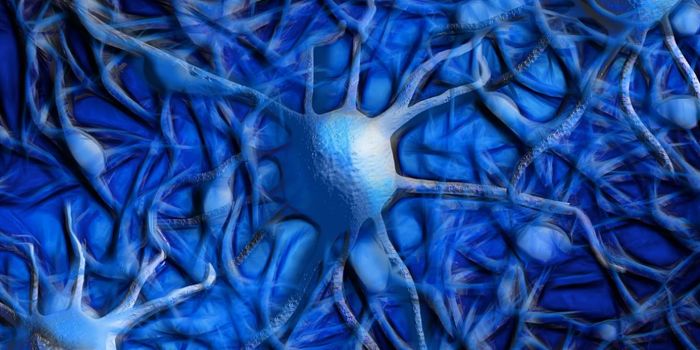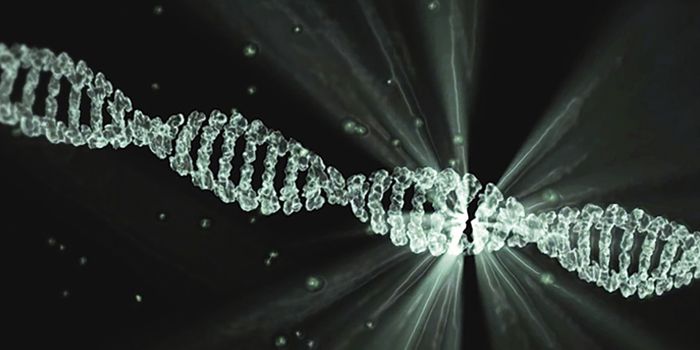Is Mom's X Chromosome Causing Premature Brain Aging?
Females carry two X chromosomes, after inheriting one from each parent. In order to stop serious problems from arising, cells of the body silence one of those X chromosomes in a process known as X chromosome inactivation. But the same chromosome is not always inactivated; in some cells it is the X chromosome that is inherited from the mother while in others it is the X from the father. Researchers have now found that in female mice, brain cells only expressing the maternal X chromosome show faster deterioration of memory and cognition compared to female mice expressing both maternal and paternal X chromosomes in brain cells. These findings, which were reported in Nature, may help explain why brain aging is different in the sexes since males usually only carry the maternal X.
"These findings raise the possibility that some women who express more of their mom's X chromosome just by pure chance may have more cognitive impairment with aging or an increased risk for diseases like Alzheimer's," noted senior study author Dena Dubal, MD, PhD, a professor and Chair in Aging and Neurodegenerative Disease at UCSF. "Ultimately, it could also help us find constructive strategies for slowing brain aging in both sexes."
X chromosome mutations can cause intellectual disability, and the X chromosome is thought to be crucial to brain health. Since many genes that are related to the brain are on the X chromosome, the scientists wanted to know more about how it may influence brain aging, added first study author Samira Abdulai-Saiku, PhD, a UCSF postdoctoral fellow.
In this study the researchers wanted to know more about how important the X chromosome's origin was to cells. There are markers that can reveal whether a chromosome is derived from the mother or father, and these markers affect inactivation. The investigators created female mice that either only expressed the maternal X, or a mixture of maternal and paternal X.
"Skewing of the X chromosome is common among humans, and there are certainly women who are walking around with much higher or lower levels of maternal X chromosomes than others, just by chance," said Dubal. "There has been little research on the potential consequences of this."
The female mice only expressing the maternal X displayed poor learning and memory abilities as they got older. There was also evidence of accelerated aging in the hippocampus, which is critical to cognitive skills, compared to mice expressing a mixture of maternally and paternally derived X chromosomes.
"What we showed is that these animals' brains were really aging faster than the brains of their genetically identical sisters who had both mom's and dad's X chromosomes turned on," explained Dubal.
Further work revealed which genes were totally inactive on the maternal but not paternal X chromosomes. When these affected genes were then activated using CRISPR, the mice got smarter as they got older.
"Together, all these experiments suggested to us that the parental origin of an X chromosome can have a big impact on brain health," Abdulai-Saiku said.
The researchers are continuing to pursue this research, and want to learn more about how the X chromosome is related to brain aging or brain diseases. These discoveries could eventually reveal a novel way to treat problems of memory and cognition in aging.
Sources: University of California, San Francisco; Nature









